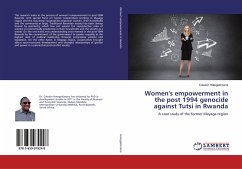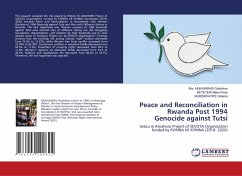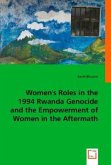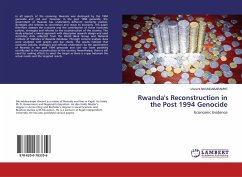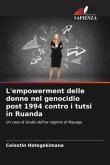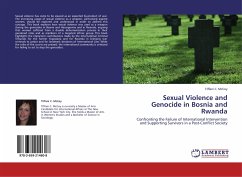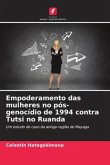This research looks at the process of women's empowerment in post-1994 Rwanda, with special focus on twelve cooperatives working in Mayaga region and the way these cooperatives empower women, their households and the community at large. Traditional Rwandan society has been always bound by patriarchy which has not valued the reproductive roles of women as economically productive in their households and the society as a whole. On the one hand, this understanding was reversed in the post-1994 Rwanda by the commitment of the government to gender equality at the highest level of political leadership through progressive policies and legislation. On the other hand, in Mayaga region, cooperatives brought about socio-economic development and changed relationships of gender and power in a patriarchal post-conflict society.
Bitte wählen Sie Ihr Anliegen aus.
Rechnungen
Retourenschein anfordern
Bestellstatus
Storno

